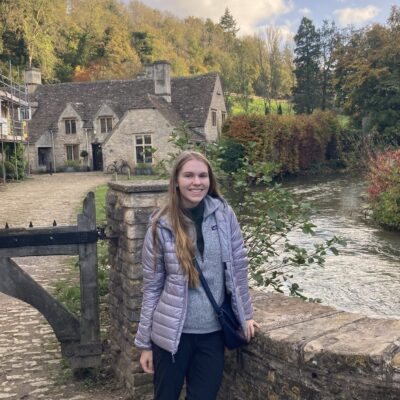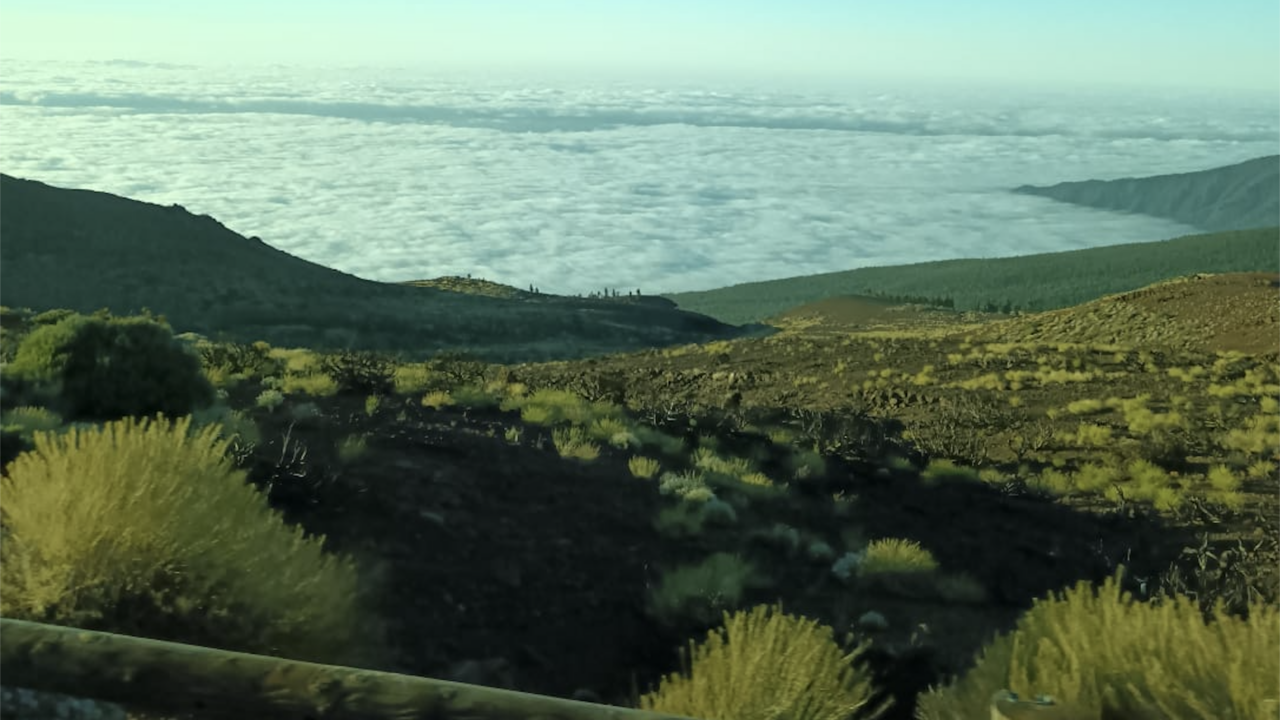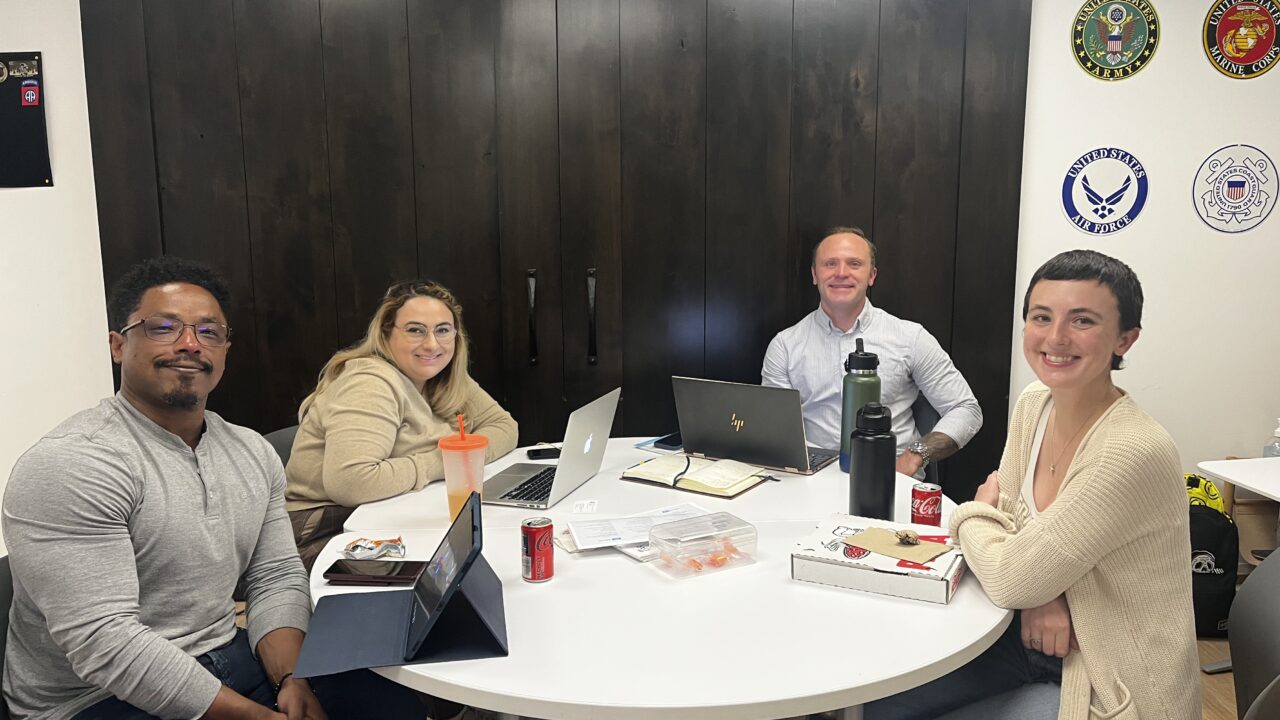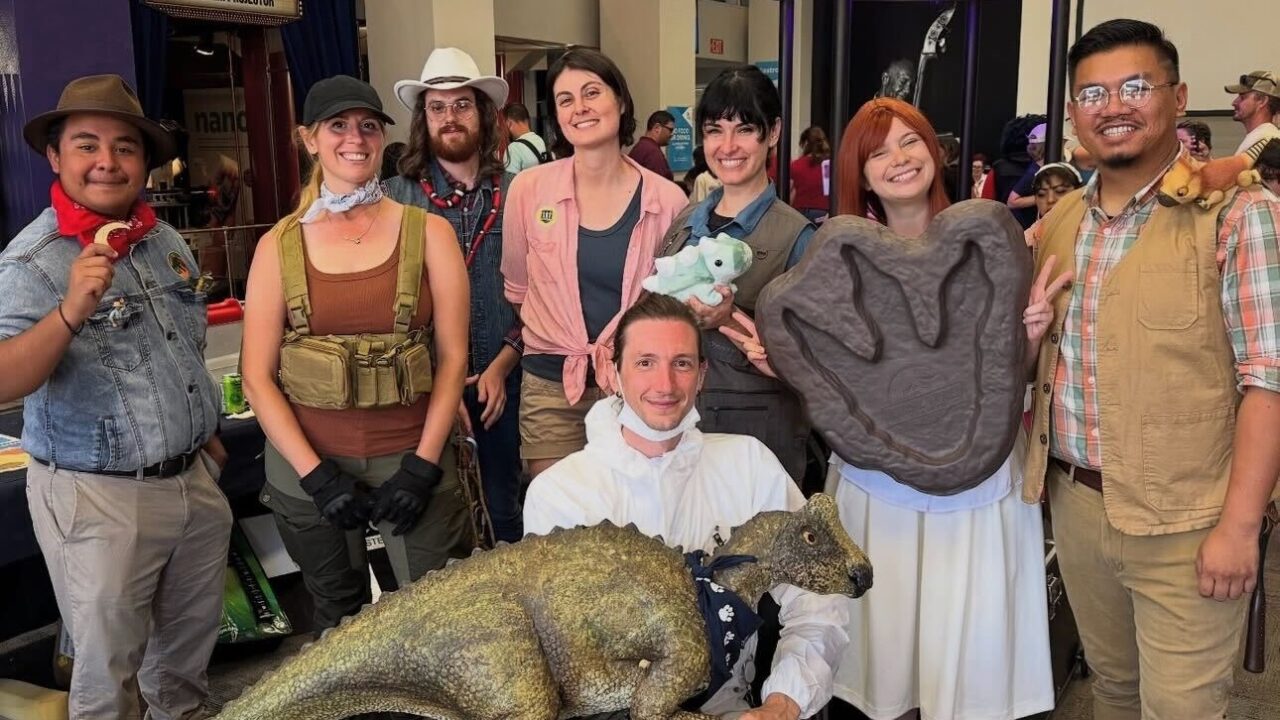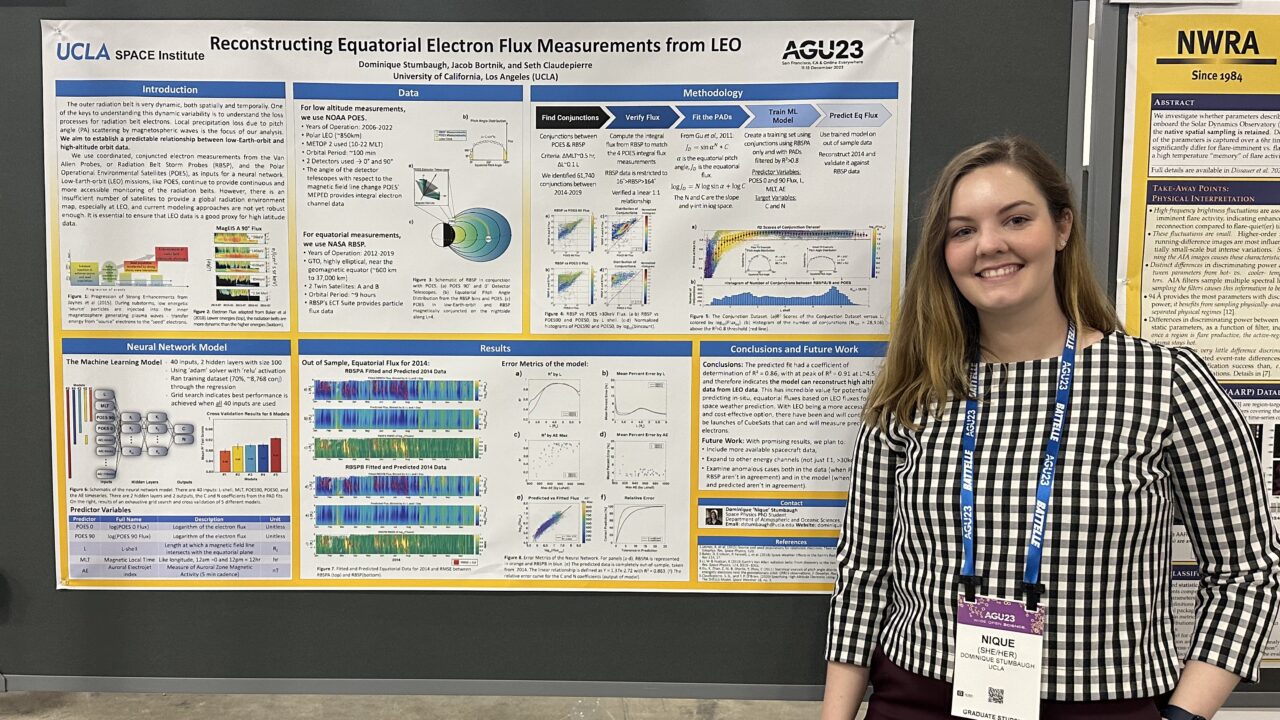
Nique Stumbaugh: Pioneering AI in Space Weather – and Opening Doors in STEM
Learn about a CDLS Fellow's early career trajectory
Dominique (“Nique”, pronounced “Nikki”) Stumbaugh just published her first scientific article as lead author about AI prediction of space weather environments. It’s a big deal – marking a major milestone in her professional academic career, but is also something she never thought would happen.
“If you would have told me everything that would happen during my PhD before I started,” Nique says, “I don’t think I would have believed it.”
Why? Because Nique never thought she’d end up studying space weather at all.
Nique is now a 6th year PhD candidate in the Atmospheric & Oceanic Sciences Department (AOS) at UCLA. She studies radiation belts and the harsh environments that satellites inhabit in a low-Earth-orbit (LEO) with Dr. Jacob Bortnik. She’s found immense success academically and professionally, peppering her time in graduate school with numerous outreach leadership roles as well as certificates. It’s all in the pursuit of maintaining a supportive research community — one that she credits with getting her so far in STEM.
Nique came to UCLA in 2015 as a political science major. She was inspired to pursue politics after attending a Girls State camp during her high school years. There, Nique and about 500 other girls from California participated in a simulation where they were asked to design their own government. Nique came away empowered with a purpose to enter politics. Looking back now, she says she felt that it was an “impressionable” time of her life. She was responding to a positive experience and could see so many possible future paths for herself. But she had to pursue what she truly wanted to do.
One week before orientation, Nique says, she panicked and decided to switch to astrophysics. The astrophysics degree is notoriously known as the most challenging major at UCLA, so it’s probably surprising that Nique leaned so easily into it. Nique had always been intrinsically drawn to space and fantasized about becoming an astronaut. She says that she felt, on the precipice of college, like this was the time to lean into her dream. Afterall, she could always change her major later, she reasoned.
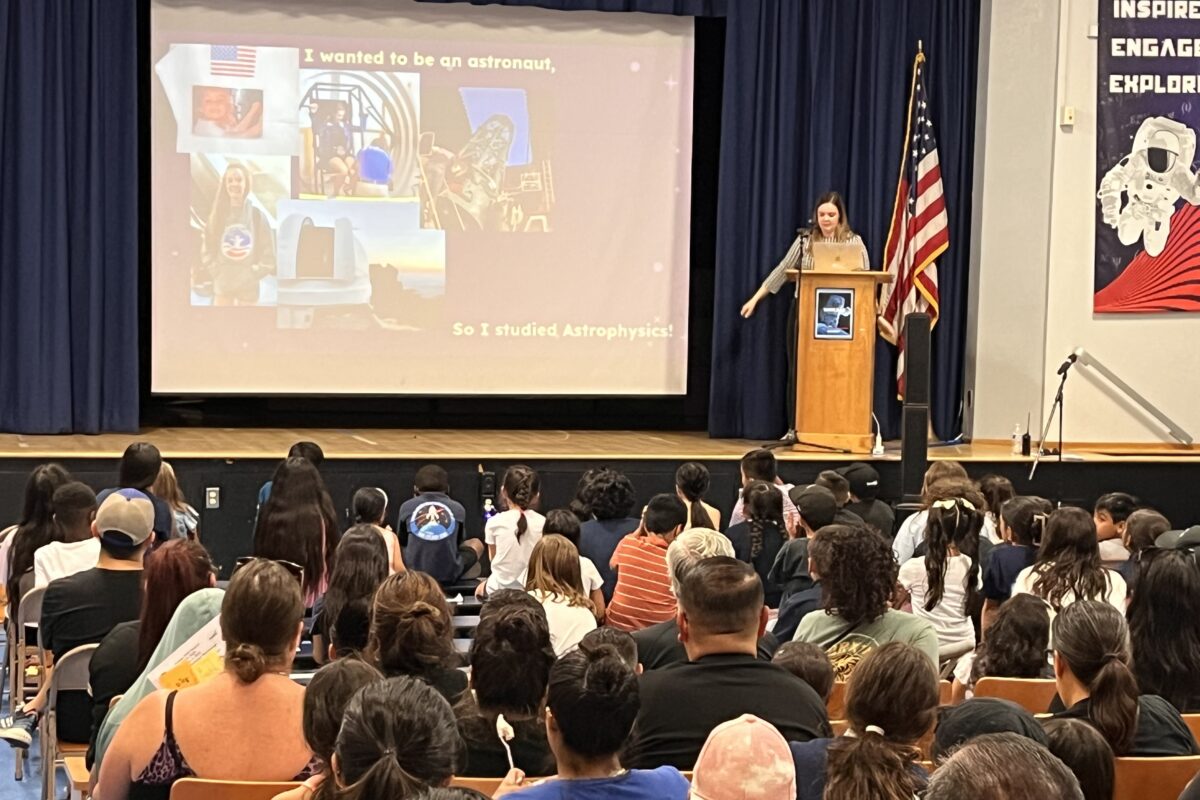
But she never did. When Nique felt like she might need to switch majors, she always stopped short of doing so because she couldn’t help but wonder what she could possibly be happier doing. She had taken a couple of classes in the Atmospheric and Oceanic Sciences Department, and found that there was a lot of overlap with astrophysics — the department offers space weather courses, fluid dynamics, and physics courses that complement the already-demanding curriculum of the physics department by centering Earth as the planetary research subject.
And this was just the trick, because Nique still wanted to pursue something related to space but really preferred something that was more closely associated with Earth. After taking an introductory space weather course, she realized she’d found her passion, the niche that she could begin to carve out for herself.
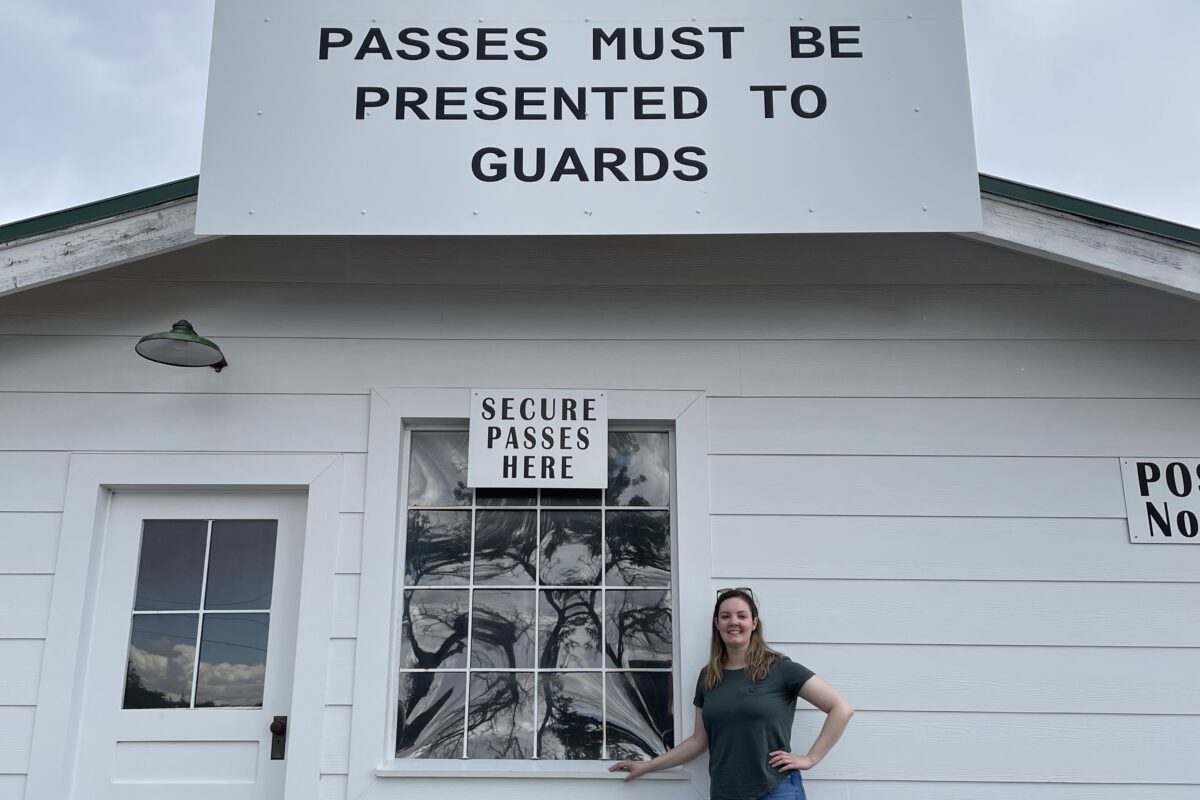
After she finished her undergrad at UCLA in 2019, Nique took a gap year. She knew she was interested in research but wanted to find out what she wanted to do in the field of space weather. But, Nique knew she was interested in research. During that gap year, she interned at the Jet Propulsion Laboratory (JPL) through the Jiffrese program at UCLA. There, she was hired into the Atmosphere Physics and Weather Group. JPL has a high concentration of Masters and Ph.D. degrees, and her teammates encouraged her to go back to school. Compounded by the COVID-19 pandemic, which shut down the world — including job opportunities for new graduates — grad school appeared the most sensible trajectory.
“If I were to explain why space weather is important for everyday people,” she says, “it’s the fact that our satellite infrastructure is in space, a very harsh environment, and we need to know what’s going on there. So that’s my work — trying to predict the dynamics, or understand the dynamics in the region where satellites are, and that includes GPS and the Internet. Essentially, if you know when a storm is coming, then we can turn off the satellites and better protect that infrastructure there.”
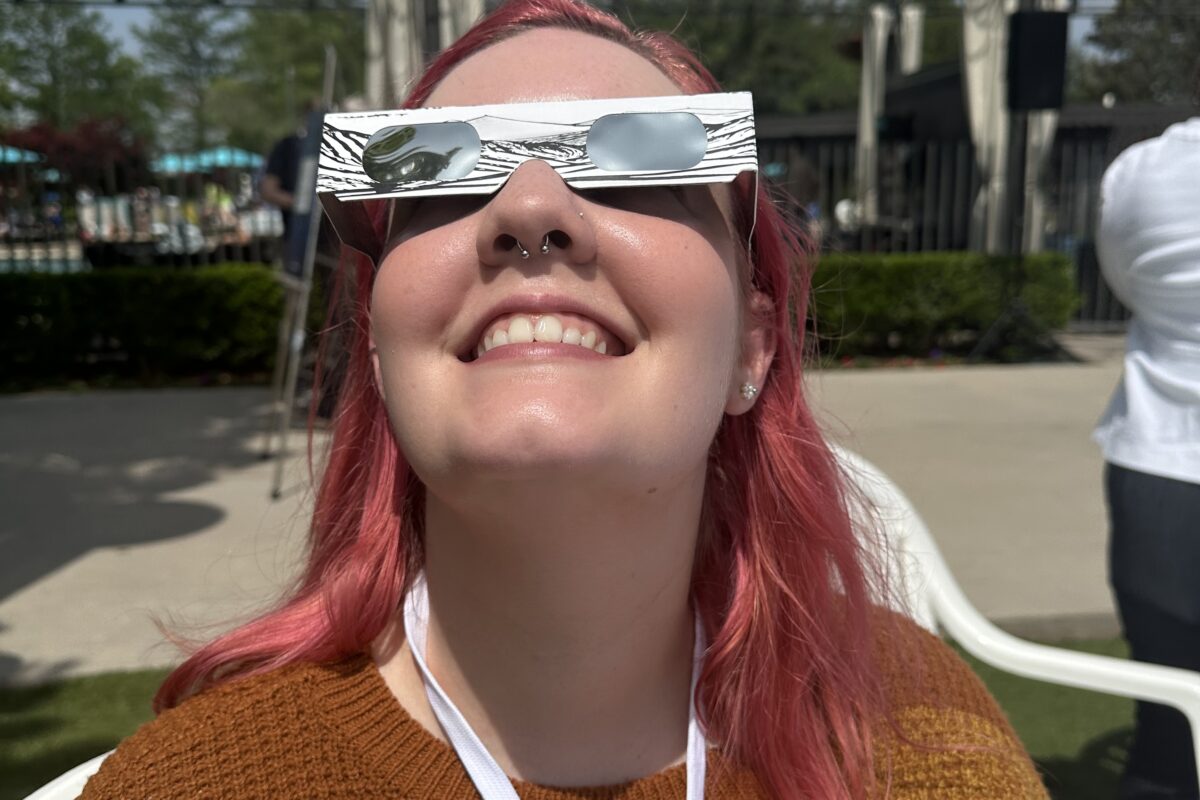
Nique’s recent publication uses an AI neural network — a type of tool that recognizes patterns — to help predict these geomagnetic storms, which send a flurry of charged particles into open space which can damage satellites and even instruments on Earth’s surface. The neural network is driven by known conditions in the space environment, grounding it in observation and measurement. The outcome of her model is to predict the electron flux, or amount of charged particles, in the environment. The model is apt because it can accurately describe the dynamics of Earth’s upper atmosphere from the conditions measured in low-Earth-orbit (LEO), which can help researchers and engineers better understand how Earth is influenced by solar activity when there are gaps in measurement.
“We’re trying to [use these machine learning techniques] in space physics where it’s still somewhat physics-informed,” she says about the overall impact of her work, hinting that there’s much more to be done with her model framework.
While a doctoral dissertation might fill up anyone’s plate, Nique has been conscientious about seeking out other opportunities to augment her resume. During her 2nd year of her PhD, she completed the UCLA Leaders in Sustainability Program. Her capstone project focused on the sustainability of the school’s largest science fair, Exploring Your Universe (EYU), by encouraging the organizers to choose local vendors for supplies instead of Amazon. She’d later become the Finance Chair of EYU, overseeing historic levels of giving. Nique honed in on her teaching skills by implementing a reflective teaching-as-research project through the Center for Integrated Research, Teaching, and Learning and pursuing the Graduate Certificate in Writing Pedagogy with Writing Programs.
At the heart of all of Nique’s extracurricular activities comes a steadfast effort to become a better teacher. And it’s no wonder — both of Nique’s parents are teachers, and she has felt, in a way, that she’s been destined to follow in those footsteps. If she doesn’t try, Nique says, will she ever know how great a teacher she could be?
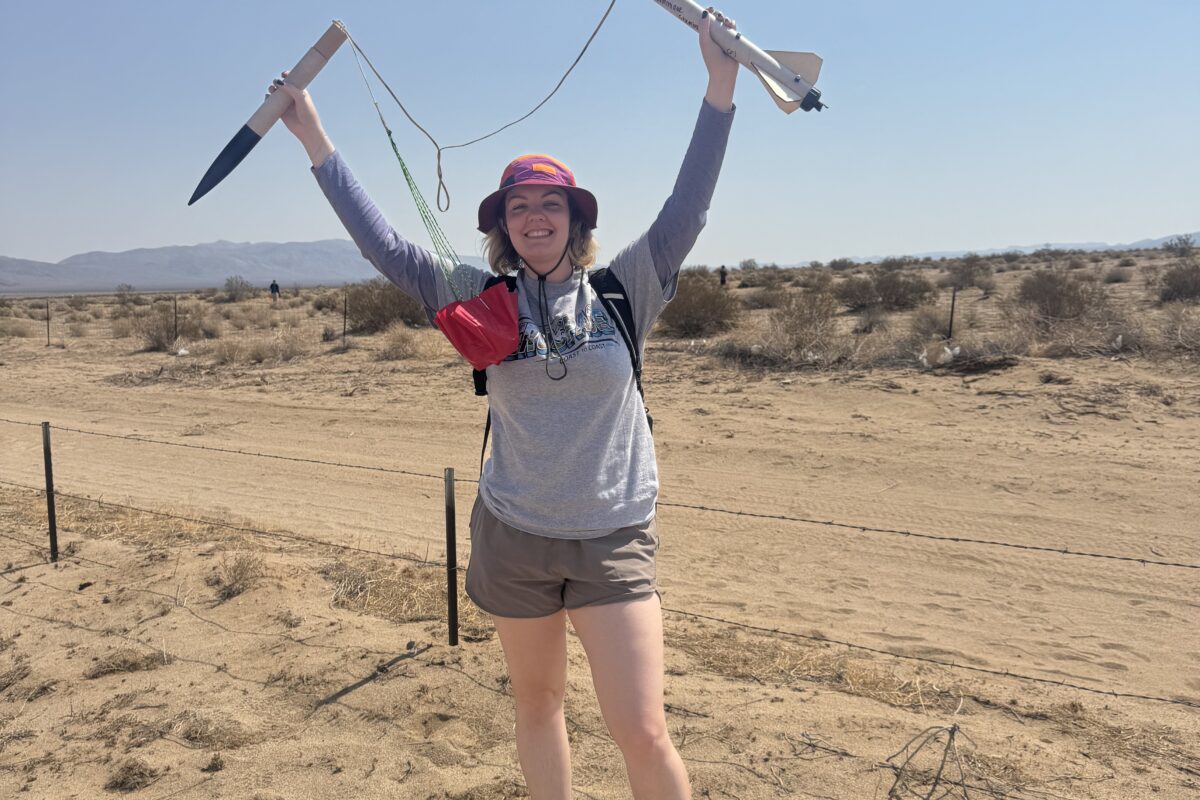
Nique credits the opportunities to a mentor who drew her in along the way. Through leadership in the Society for Gender Equity in Geosciences (SGEG), Nique met Zoe Pierrat (now-former Center for Developing Leadership in Science (CDLS) Fellow) and Sarah Worden. Both Zoe and Sarah mentored Nique by providing help in applying for grants, scouting out opportunities for Nique that she herself had applied to or been involved with. It’s this sisterhood and community-building that Nique finds heartening, where early career researchers look out for one another as opportunities arise. She reflects that it’s fun to be the one responsible for making a safe haven for others in any otherwise stressful and at times uncertain degree trajectory. She’s needed to lean on these communities more than once, and from this community comes inspiration. Nique and her peers are willing to lift one another up and open doors to new possibilities, where normally there wouldn’t be any openings possible.
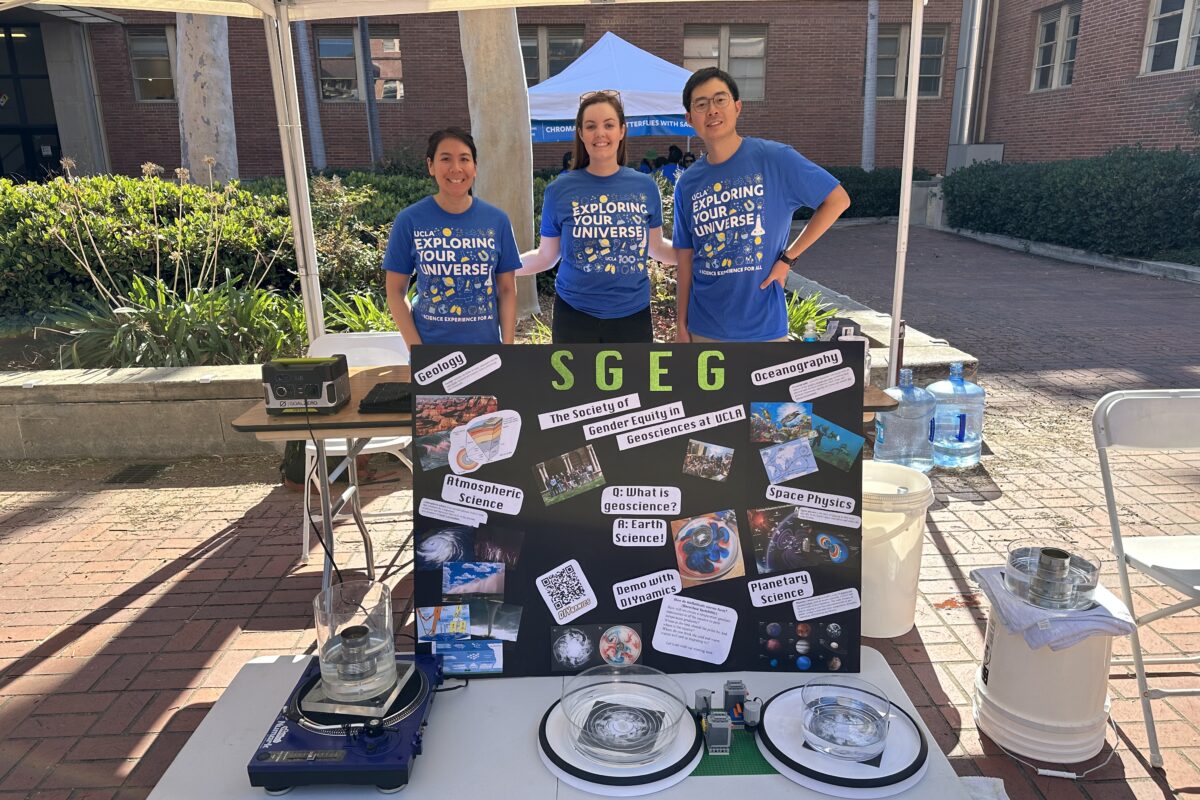
At CDLS, Nique has been able to pursue the last stages of her Ph.D. with more stability and support. The fellowship program has provided Nique with financial assistance during family health emergencies that stretched her paycheck thin.
“It’s just been really nice to know that I don’t have to go and get another job. I can just focus on school,” she reflects.
In the future, Nique hopes to work with an aerospace company with which she interned for the last two years. At this juncture, with so much uncertainty surrounding science funding, and with NASA and NSF, the primary funders of Nique’s field, being defunded, job hunting is hard. She hopes to cast her net wide and see what opportunities arise.

